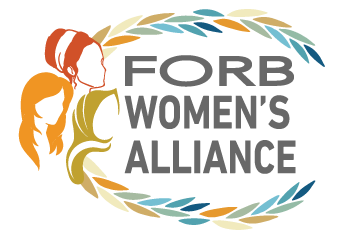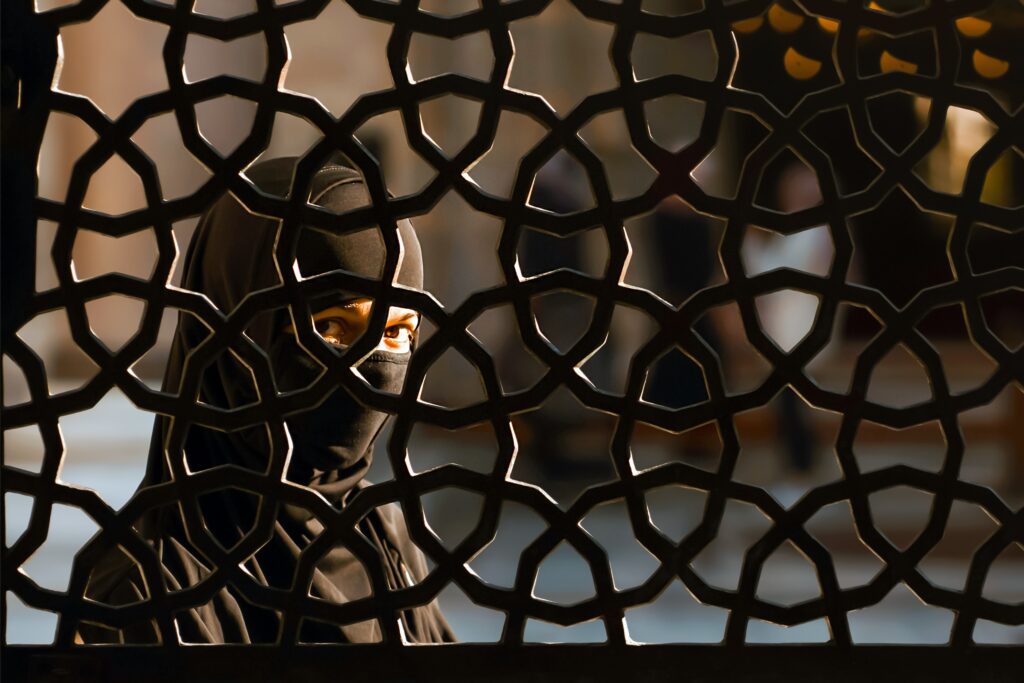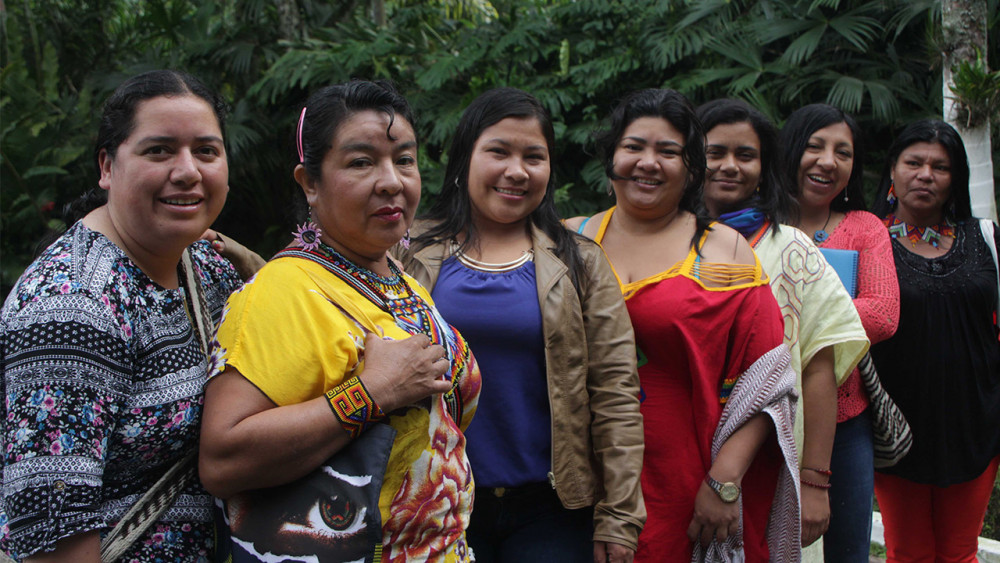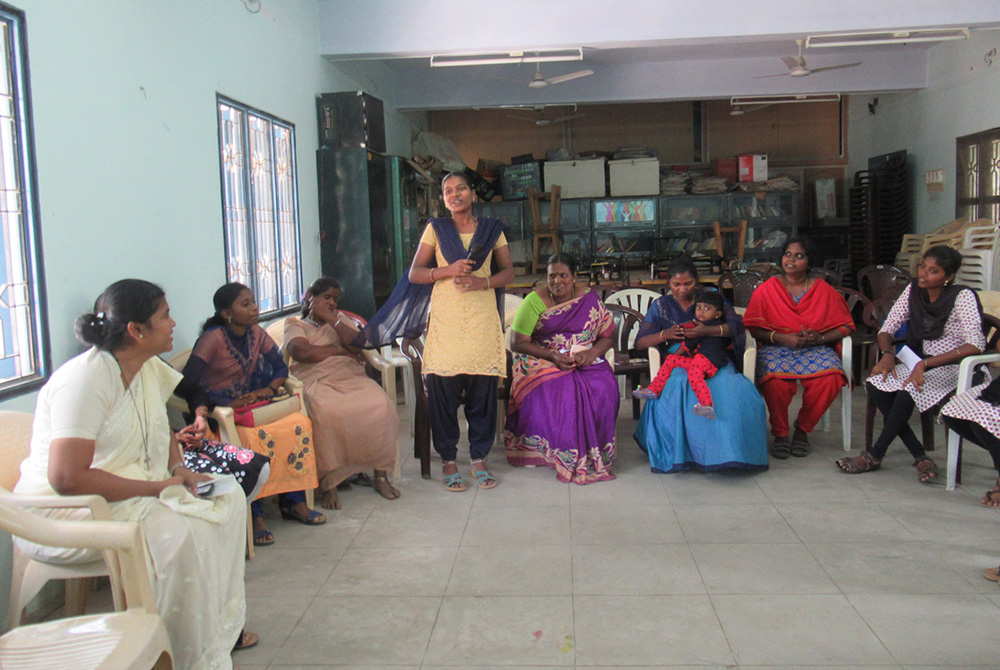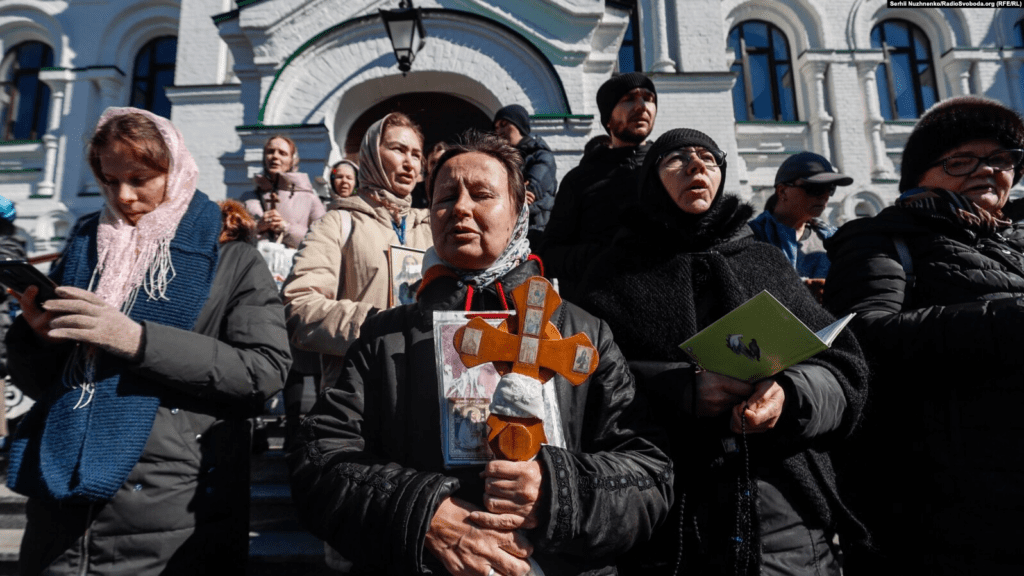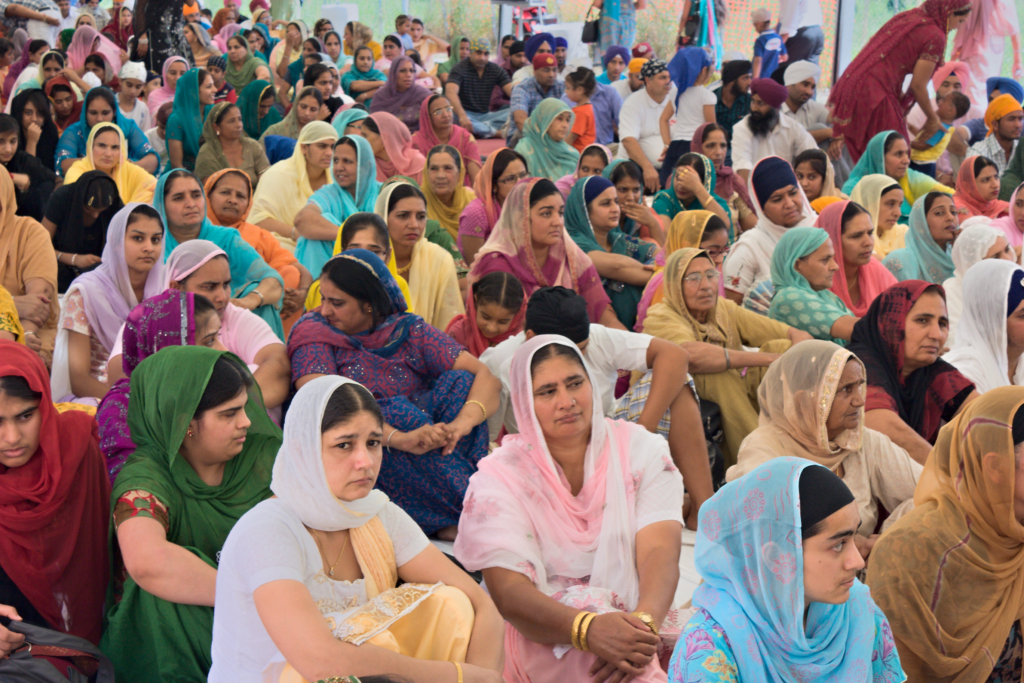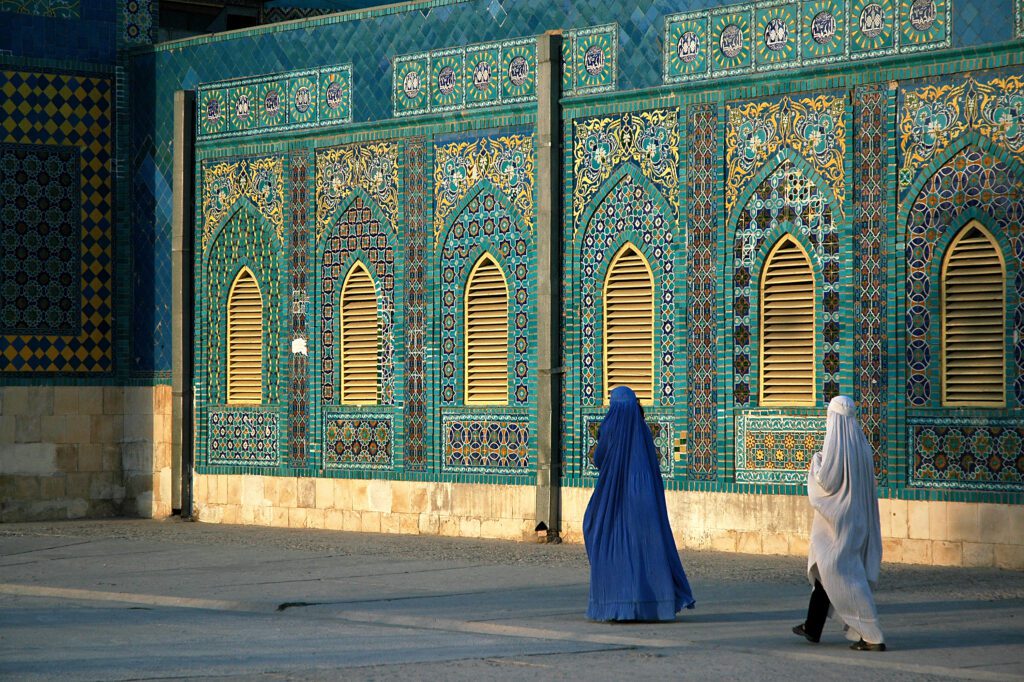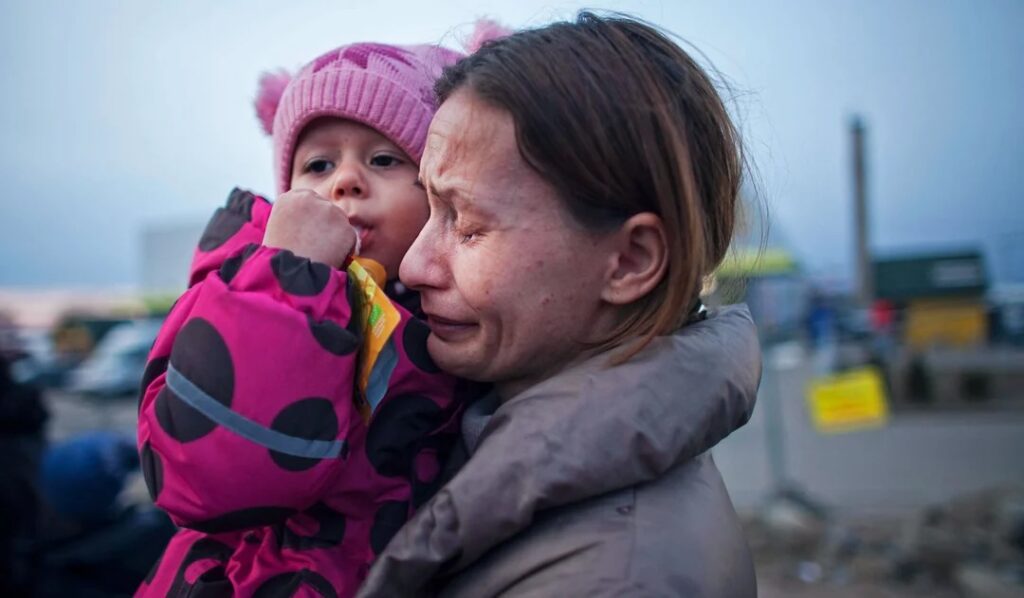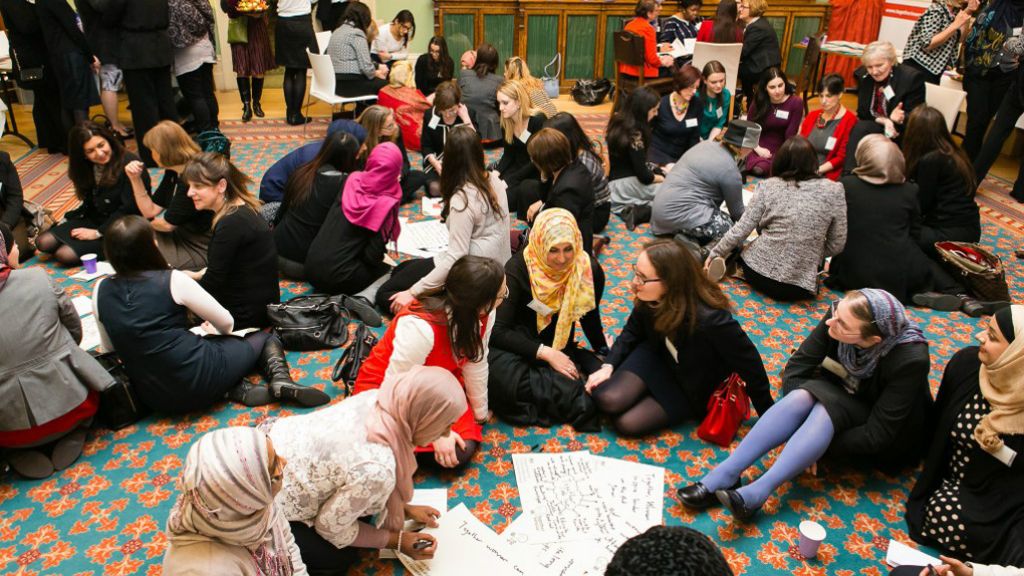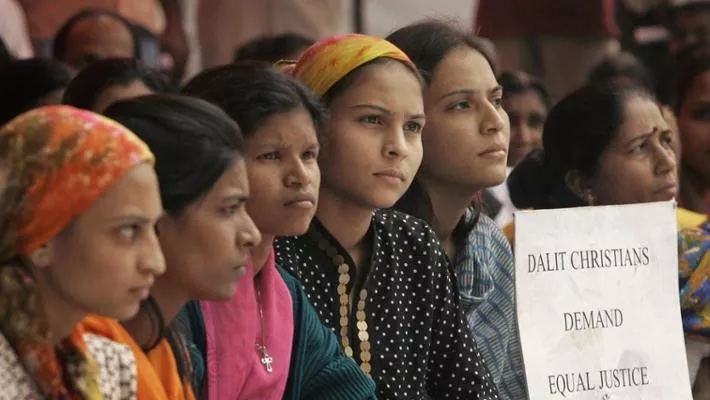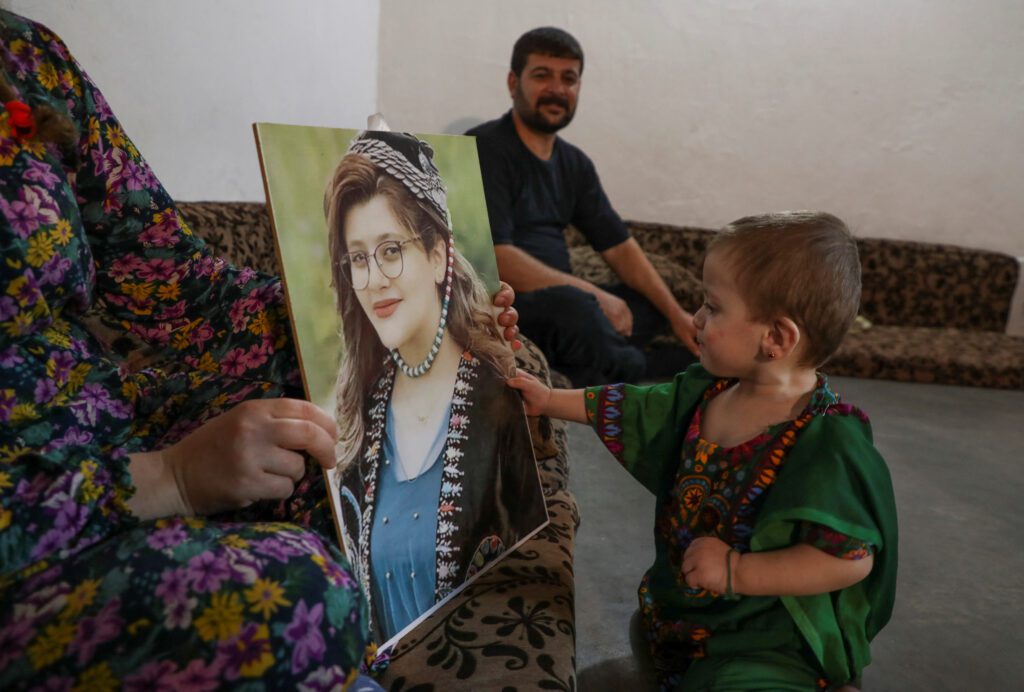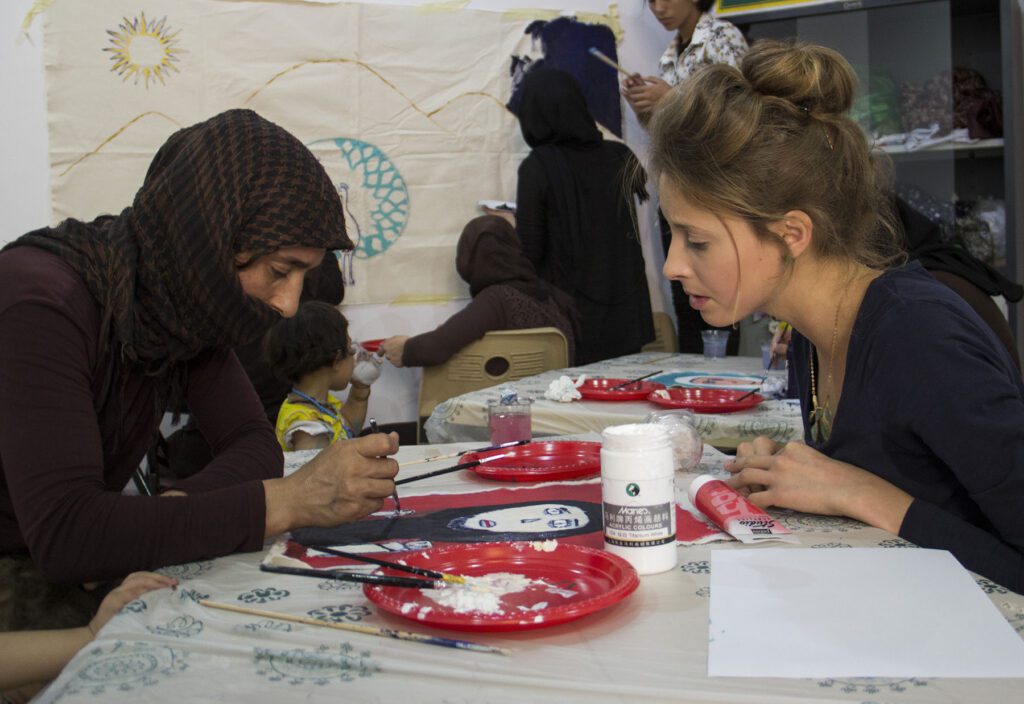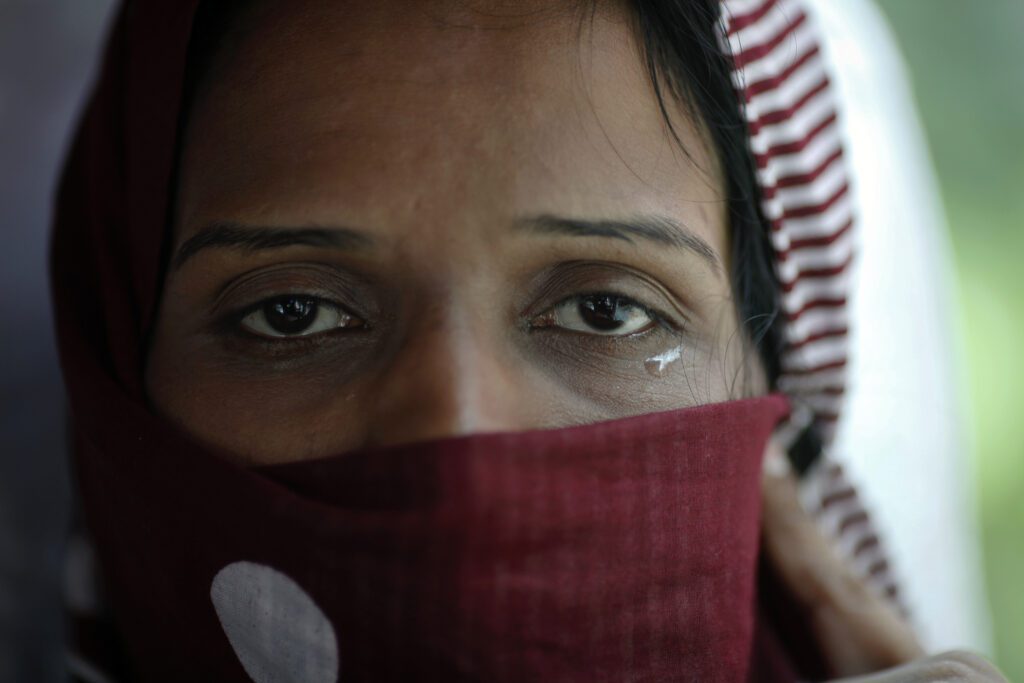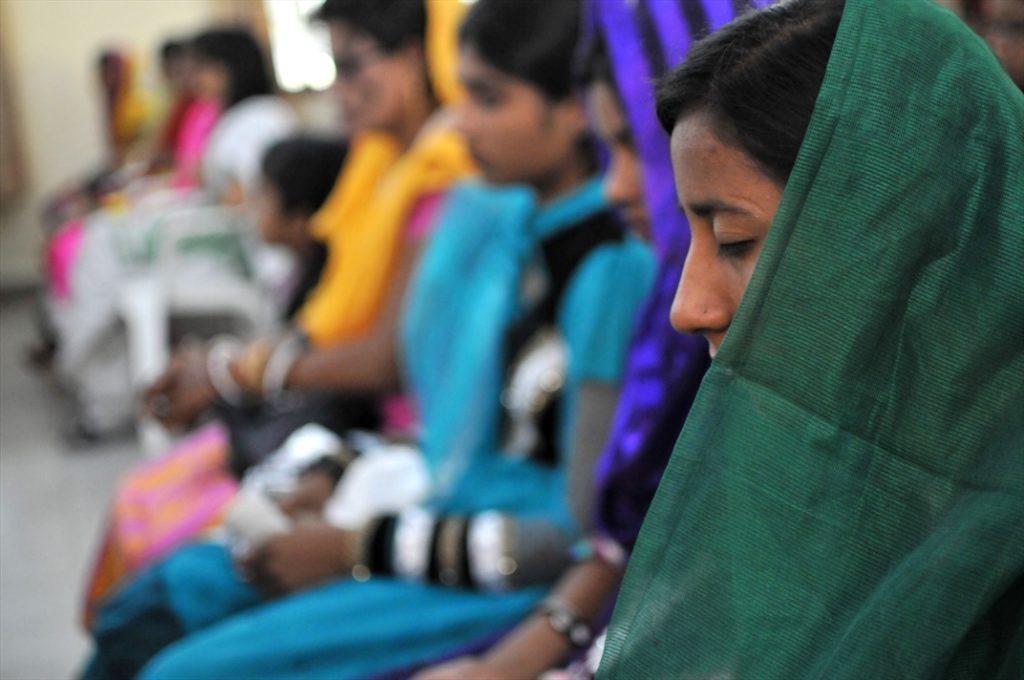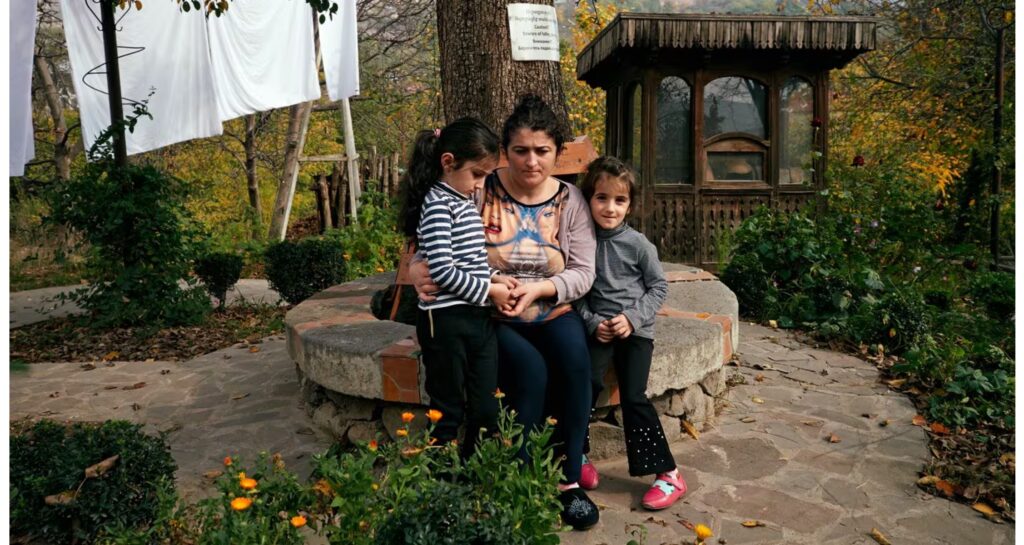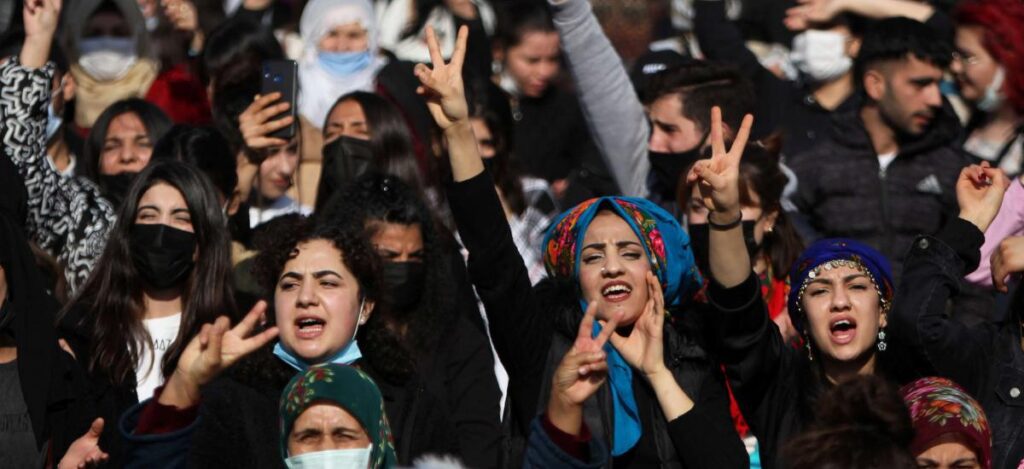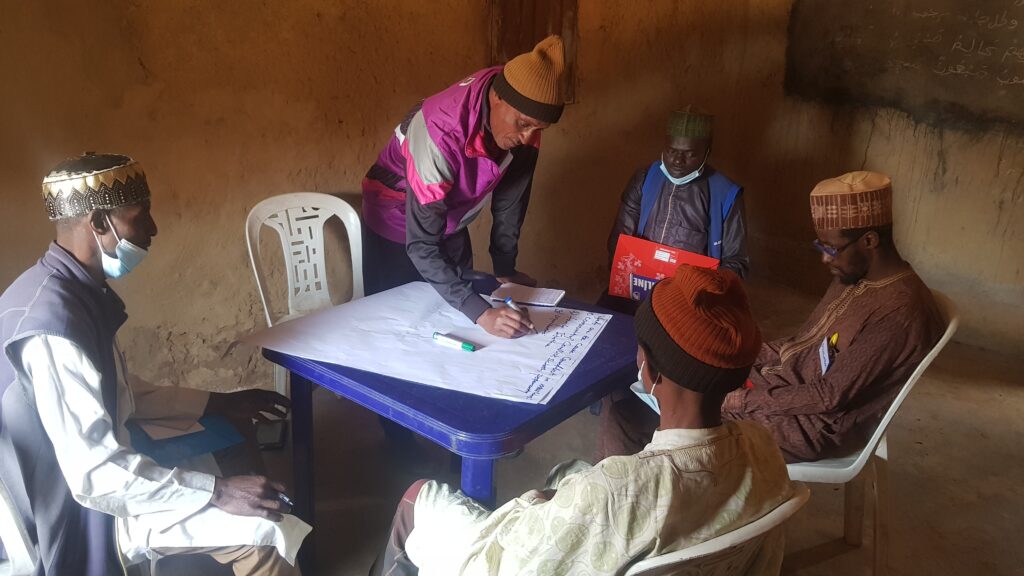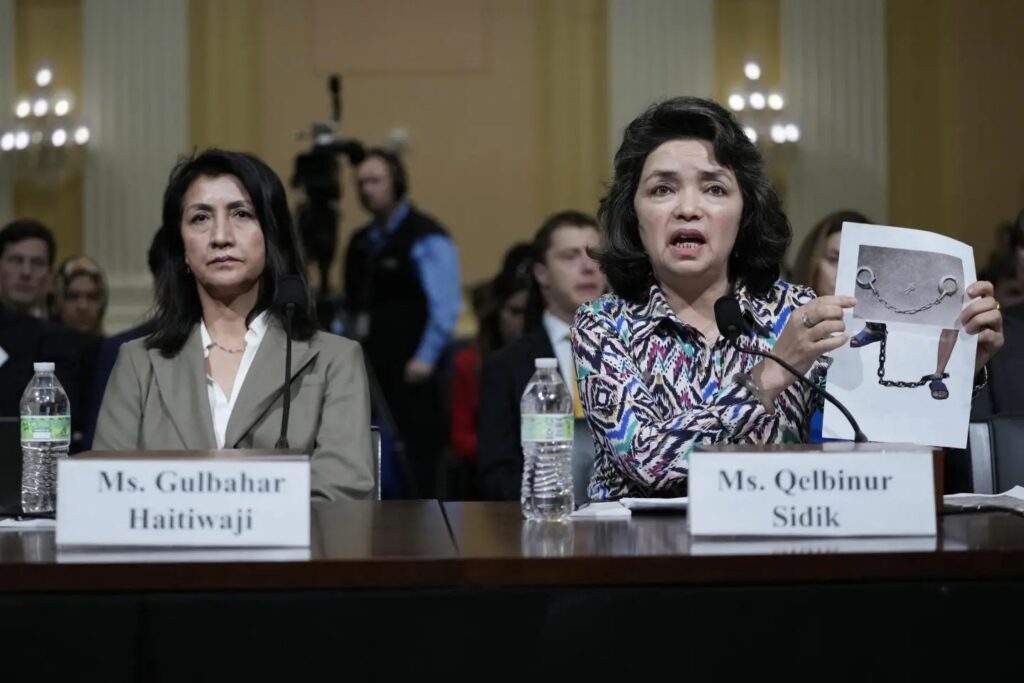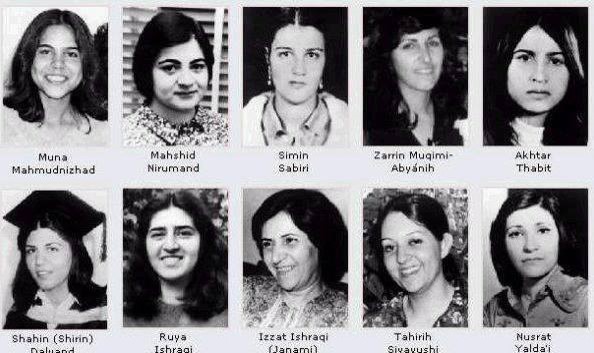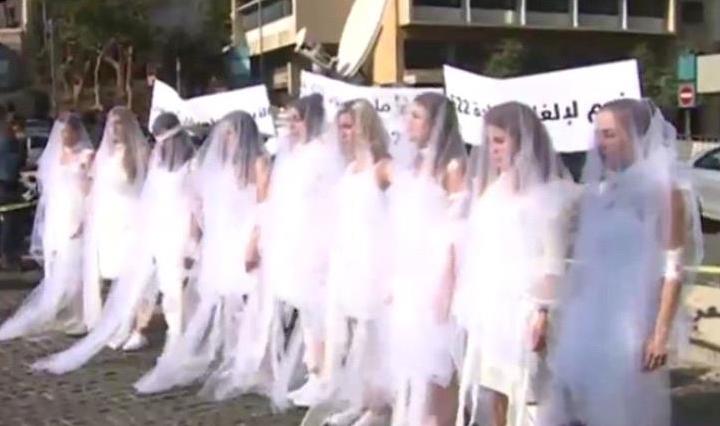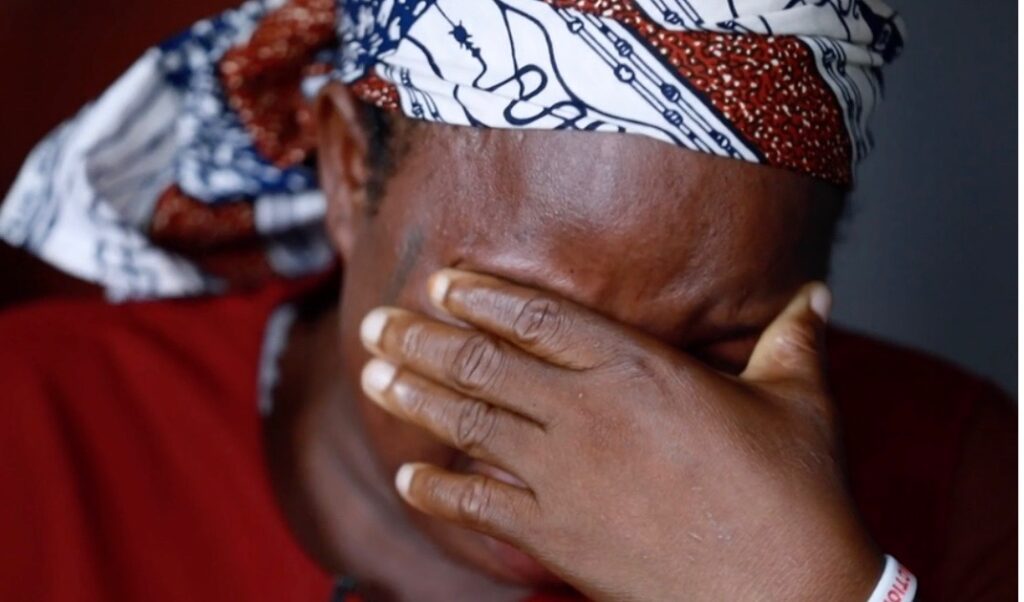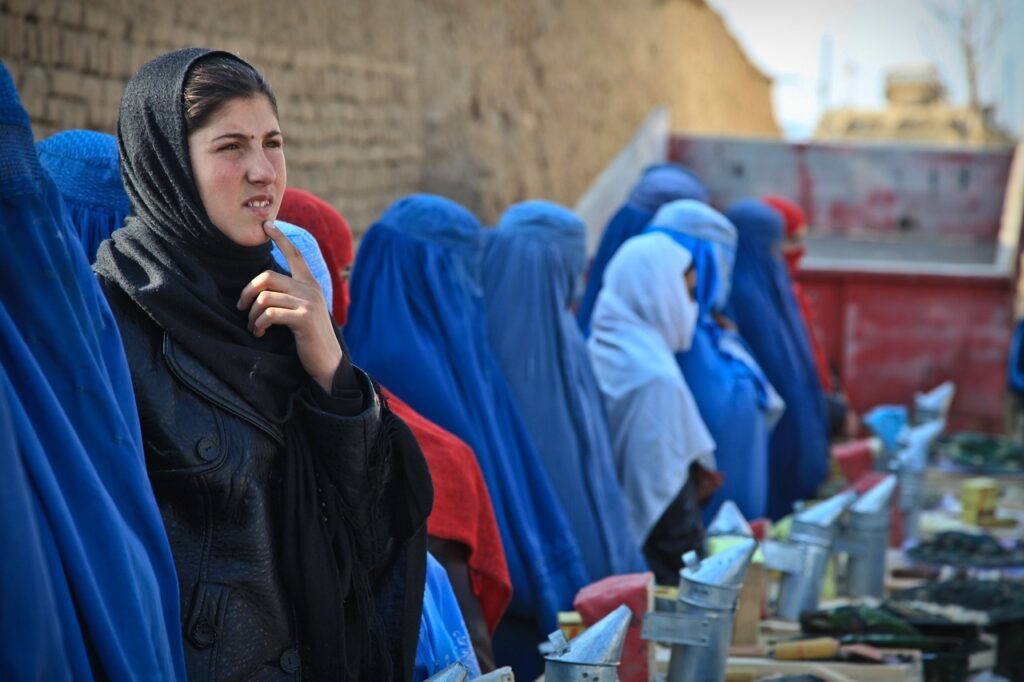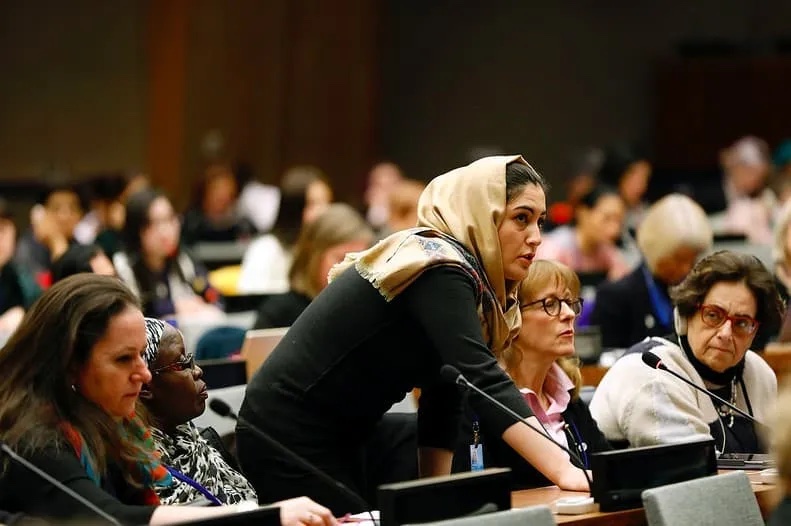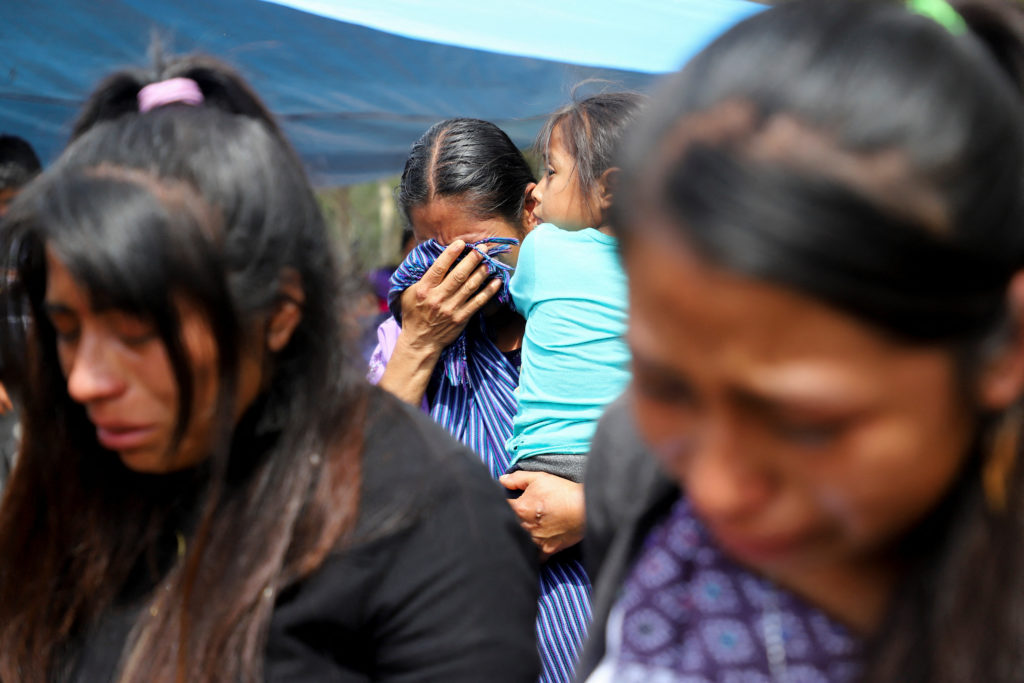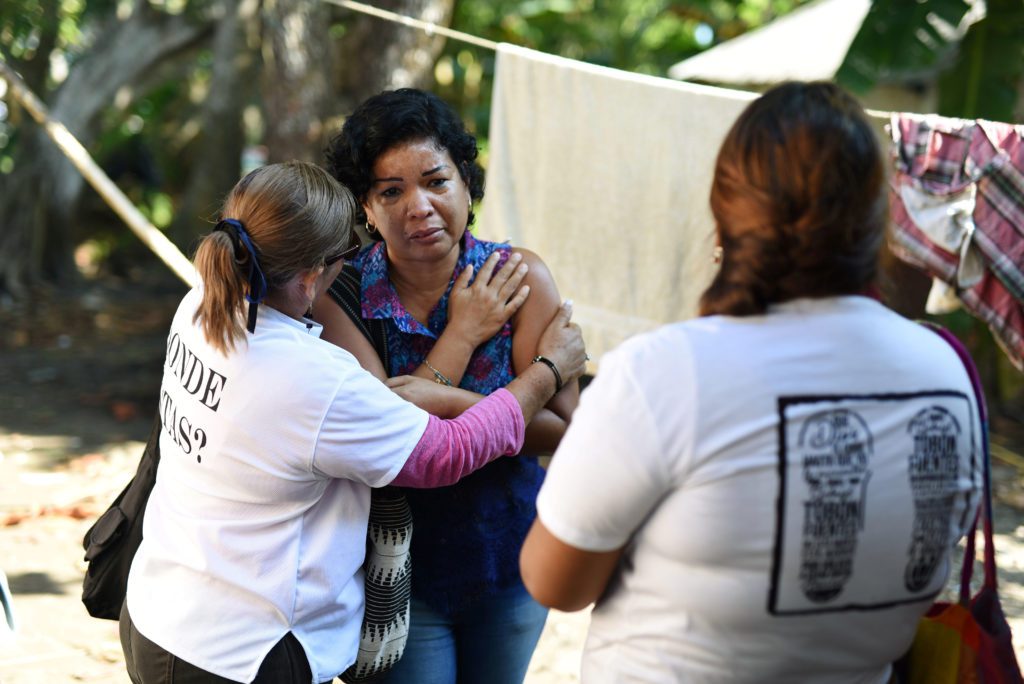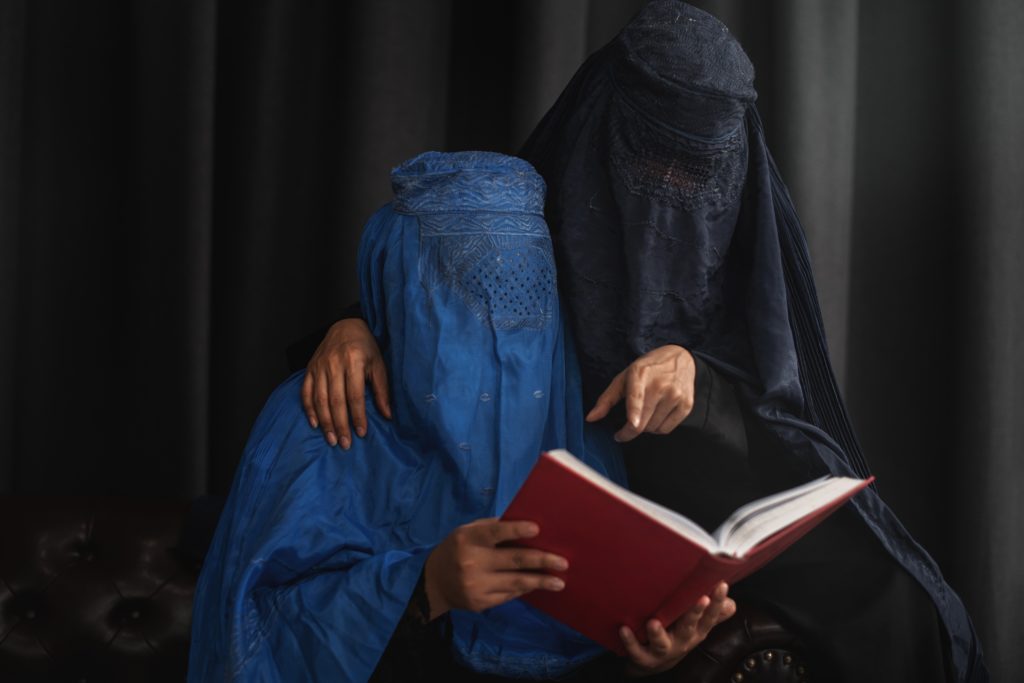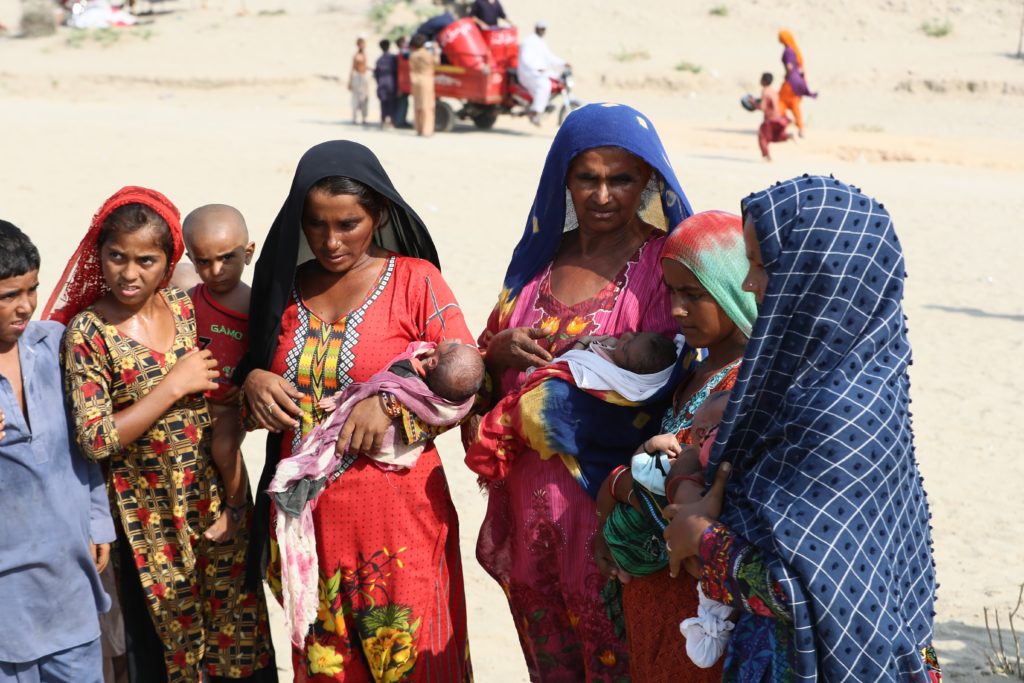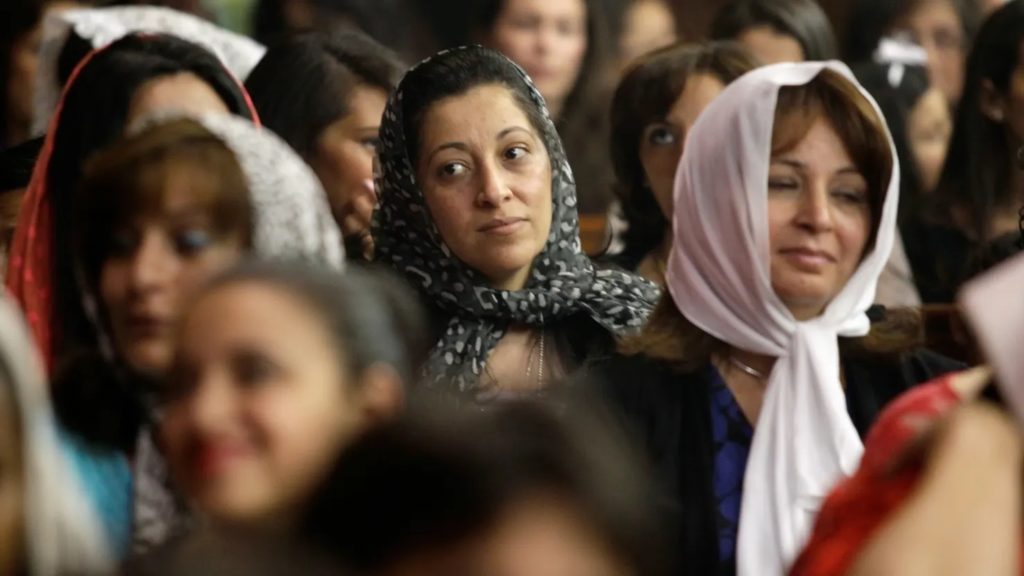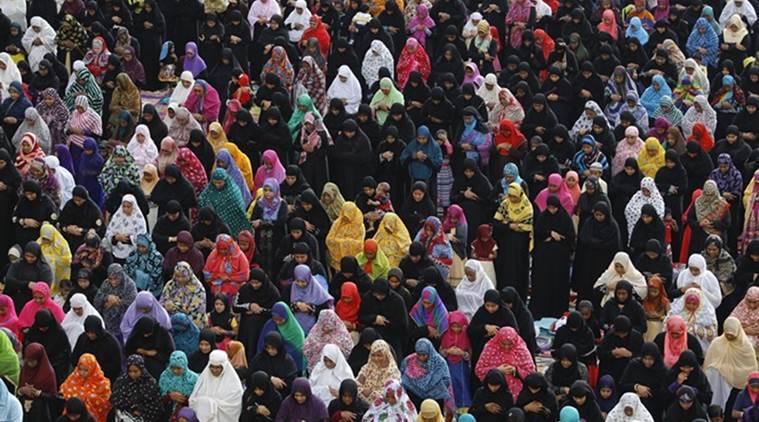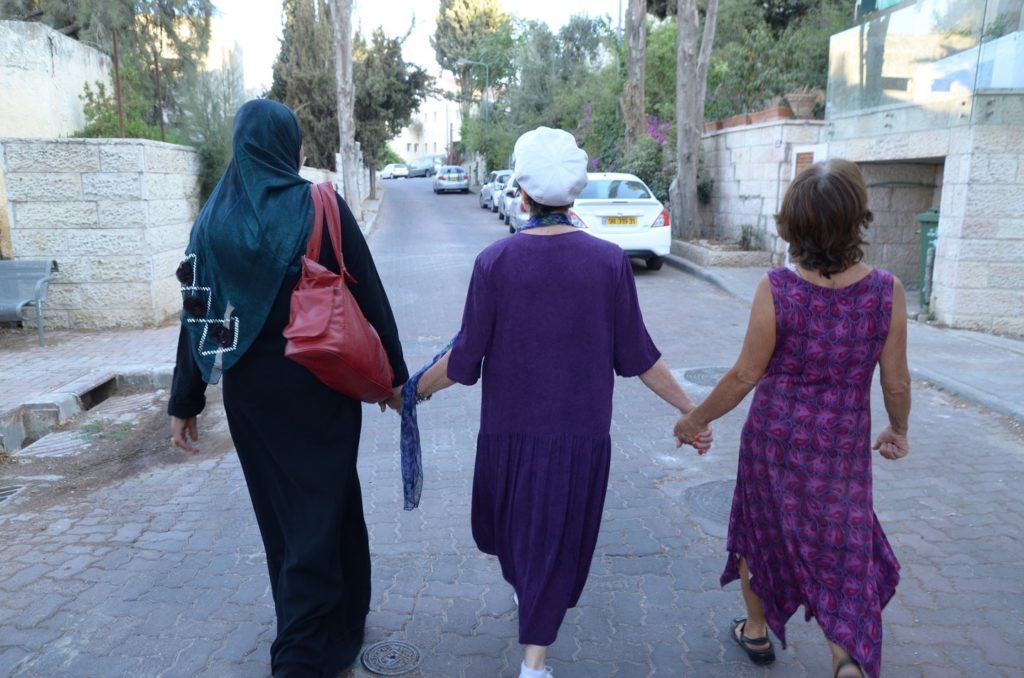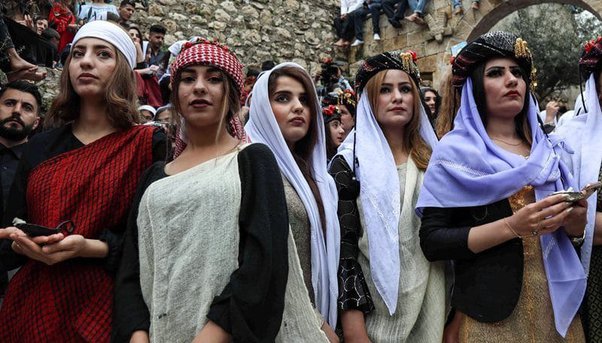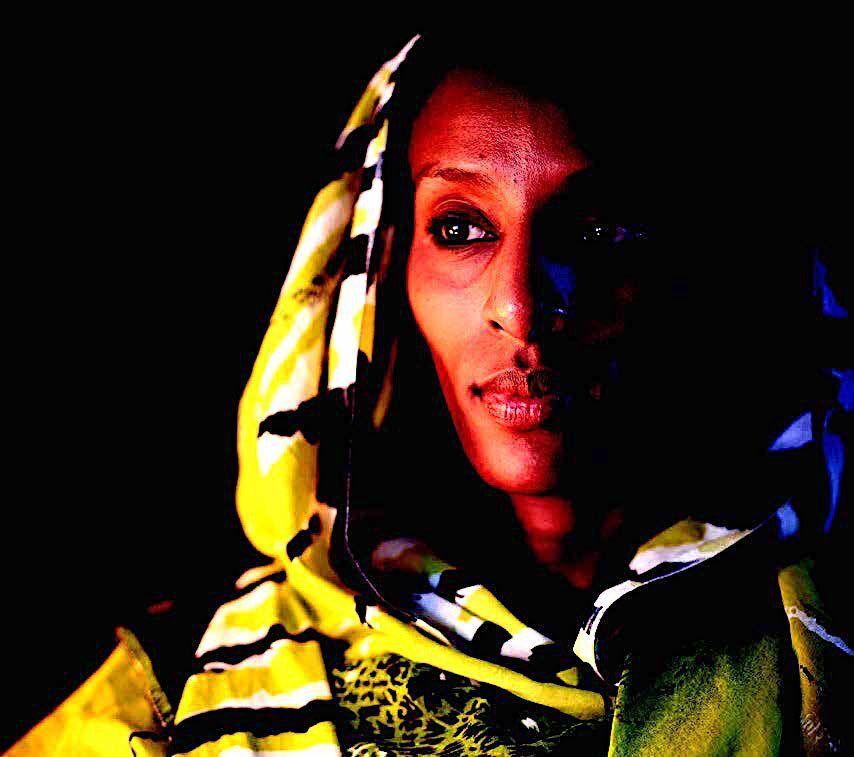In September 2023, Iran’s parliament (majlis) passed the Bill to Protect the Family by Promoting the Culture of Chastity and Hijab. This new law gives Iran’s government greater legal authority for its repression by expanding the scope of explicitly forbidden religious practice and expression. As a result of this new law, Iranians – particularly women – likely will face increased enforcement that restricts their freedom of religion or belief in the months to come.
Iran’s government has compelled women to wear the hijab regardless of their personal religious beliefs since a March 7, 1979 decree by then-Ayatollah Ruhollah Khomeini. The decree required women to cover their heads in the workplace and in government ministries. In April 1983, Iran’s majlis passed a formal law requiring the hijab in public.
Iran’s 2013 Islamic Penal Code, Article 638, prohibits “violating any religious taboo in public” and imposes prison time and fines on “women who appear in public without a proper hijab.” Article 639 punishes “anyone [who] facilitates or encourages people to immorality or prostitution” and mandates a religiously-fixed (hadd) punishment for offenders. These articles invoke explicitly the government’s singular interpretation of religion. As such, they violate international legal standards that protect women’s individual freedom of religion or belief.
In September 2023, the Library of Congress’ Global Legal Monitor published a comprehensive analysis of Iran’s new hijab law that was prepared at the request of the United States Commission on International Religious Freedom (USCIRF). The law expands the Iranian government’s powers under Articles 638 and 639 in three important ways:
- It specifically defines “improper clothing” for women, describing it (Art. 47 and 49) as “any type of clothing that violates modesty and public morality, such as wearing revealing or tight clothing or clothing that shows a part of the body.”
- It imposes a fine for “collaboration with a foreign government” (Art. 36) to promote unveiling, reflecting paranoia by Iran’s government that the mass unveiling by Iran’s women over the past year is part of a foreign enemy plot against it.
- It punishes “insulting the principle of hijab,” (Art. 37), an explicit legal authority that runs afoul of international protections guaranteeing both religious freedom and freedom of expression.
Several other provisions of the bill expand government authority in response to specific events that have occurred since the September 2022 outbreak of nationwide protests in Iran against mandatory hijab laws. This expanded government authority includes:
- Punishments on business owners and employees that do not enforce mandatory hijab (Art. 39)
- Promoting gender segregation at universities, hospitals, parks, and beaches (Art. 11, 12, and 16)
- Punishments for celebrities and influencers who advocate against mandatory hijab, including fines, barring from professional activities, and travel restrictions (Art. 41)
- Punishment for mocking/slandering a veiled woman (Art. 57)
The bill also gives several enforcement authorities the power to issue fines and arrest those violating the law. These authorities include Iran’s National Police, Ministry of Intelligence, the Islamic Revolutionary Guard Corps’ Intelligence Organization, the Basij militia, and Command for Promoting Virtue and Preventing Vice. Iran also has invested heavily in surveillance technology to identify and punish women who wear improper hijab. Since the bill’s passage, Iran has conducted a mass arrest of 300 people at a mixed-gender party, revoked the medical license of a doctor who appeared in public without hijab, and summoned an actress for questioning over an Instagram post supporting the family of Armita Geravand, who allegedly was beaten by security forces on the Tehran metro and later died at a hospital.
The new hijab law reflects an alarming new restriction of freedom of religion or belief for women in Iran. Conditions in the country are already severe. As USCIRF has reported, Iran’s government routinely has harassed, intimidated, arrested, tortured, sexually assaulted, raped, and killed those who assemble to protest mandatory hijab laws. Those targeted include minors who peacefully protested hijab laws like Nika Shakarami and Sarina Esmailzadeh, and lawyers like Nasrin Soutudeh who defend women charged criminally for these protests. As such, the new hijab law represents an expanded apparatus for state violence against Iranians on the basis of their religious beliefs. It systematically strips women of their choice – protected under international law – to wear hijab or to not wear it. The bill also gives Iran’s government the legal authority to silence anyone who speaks out against mandatory hijab laws, stifling their freedom of religious expression. The bill invokes religion to create additional avenues for Iran’s government to impose its authoritarian control over women.
Furthermore, these expanded restrictions are occurring in a context of systematic, ongoing, and egregious religious freedom violations in Iran. Iran continues to arrest scores of Baha’is, Sunnis, and Christians on the basis of their faith. It also has charged peaceful protestors with religiously grounded charges including “corruption on Earth” and “enmity against God,” both capital offenses. Iranian officials regularly and deliberately conflate criticism of Israeli government policy and antisemitic speech. Internationally, Iran’s government targets Jews and Israelis and supports entities expressing blatant and explicit antisemitism including Hezbollah, Hamas, and the Houthi movement.
USCIRF concurs with Javaid Rehman, the United Nations (UN) Special Rapporteur on the Situation of Human Rights in Iran, that Iran’s brutal repression of protests against mandatory hijab laws may constitute crimes against humanity. In its 2023 Annual Report, USCIRF recommended the U.S. government support a Security Council referral of the situation in Iran to the International Criminal Court (ICC) for crimes against humanity against those asserting freedom of religion or belief. It further recommended that the U.S. government use targeted sanctions against religious freedom violators and expand general license exemptions allowing Americans to better support protestors and that Congress continue to express public support for protestors. USCIRF also recommended that Congress continue to support the Lautenberg Amendment, a family reunification program that aids persecuted Iranian religious minorities seeking refugee status in the United States.
The passage of Iran’s new hijab law strongly suggests that, absent multilateral action, the government will continue to impose restrictions on freedom of religion or belief on women.. The United States must continue to unflinchingly call out Iran for these restrictions and coordinate international efforts to advance Iranian demands for greater religious freedom.
Scott Weiner is a Supervisory Policy Analyst, U.S. Commission on International Religious Freedom
